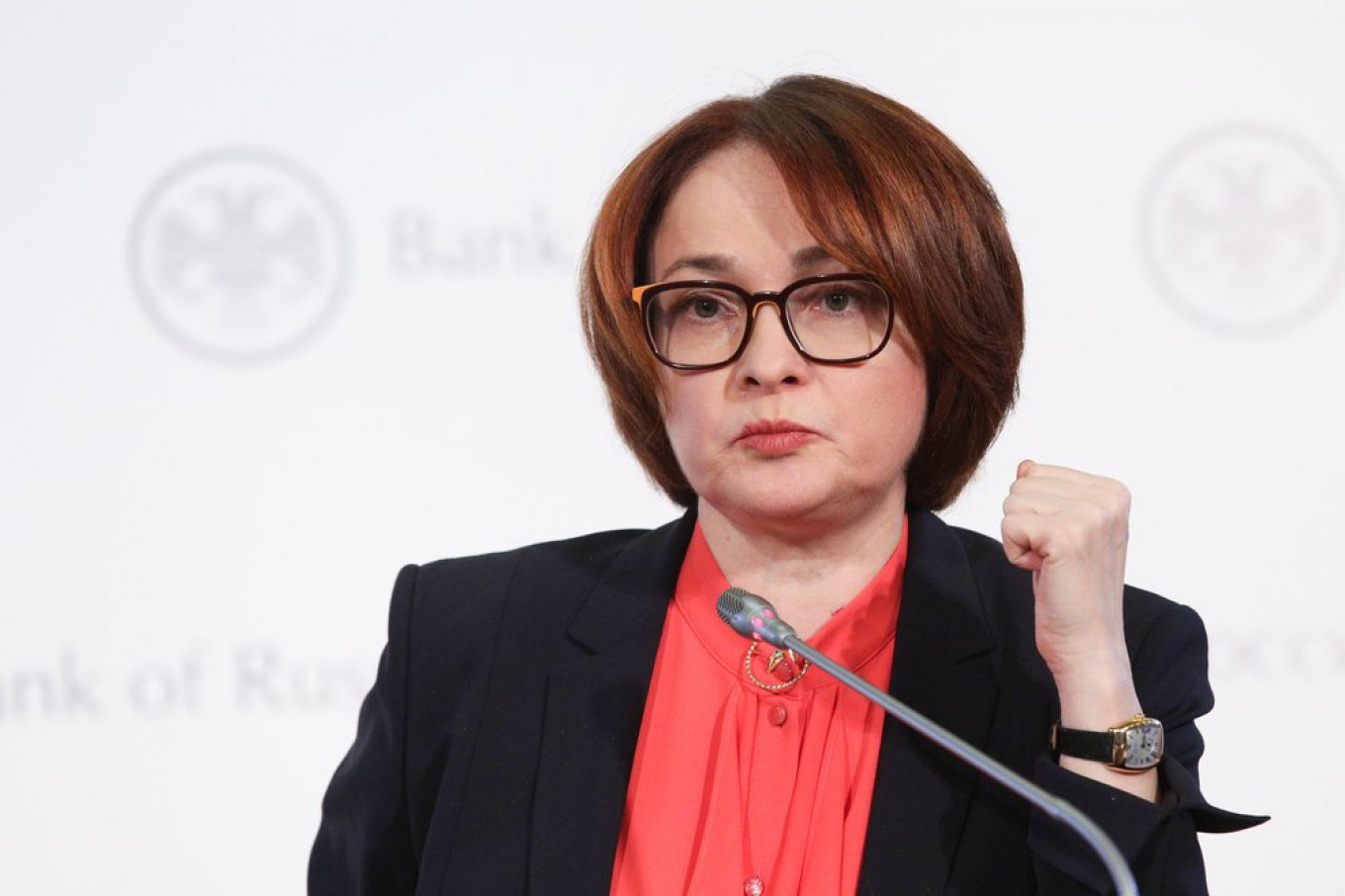
Russia’s Central Bank is warning Russian lenders against conducting operations in euros, governor Elvira Nabiullina has said.
Nabiullina said doing business in euros brings no profits to Russian banks because of the negative interest rate environment in the eurozone, and the Central Bank is pushing Russian financial institutions not to have “excessive” foreign currencies on their balance sheet.
“If savers make deposits in euros, this money must be put somewhere by the bank. And there are almost only instruments with negative interest rates. That brings banks losses,” Nabiullina told German newspaper Handelsblatt.
“Since negative interest rates on deposits are prohibited in Russia, banks have increased the fees for euro accounts … As a central bank, we make sure that Russian banks do not have excessive currency risk on their books, whether in euros or dollars,” she added.
Despite the Central Bank’s preference for Russian banks and households to save in rubles, growth in deposits denominated in foreign currencies has increased by more than twice the rate of ruble savings this year. Russians currently hold $96 billion in foreign currencies with local banks.
Nabiullina also repeated her assessment of the “structural problems” facing the Russian economy — an over-dependence on commodities, low productivity and weak incentives for private investment.
The Central Bank has slashed interest rates this year — bringing them down from 7.75% to 6.5% — and is expected to cut again before the end of the year. But Nabiullina warned that looser monetary policy cannot carry the weight of kick-starting growth in Russia’s sluggish economy.
“Growth must come from private investment from healthy, successful companies reinvesting their profits,” she said.
